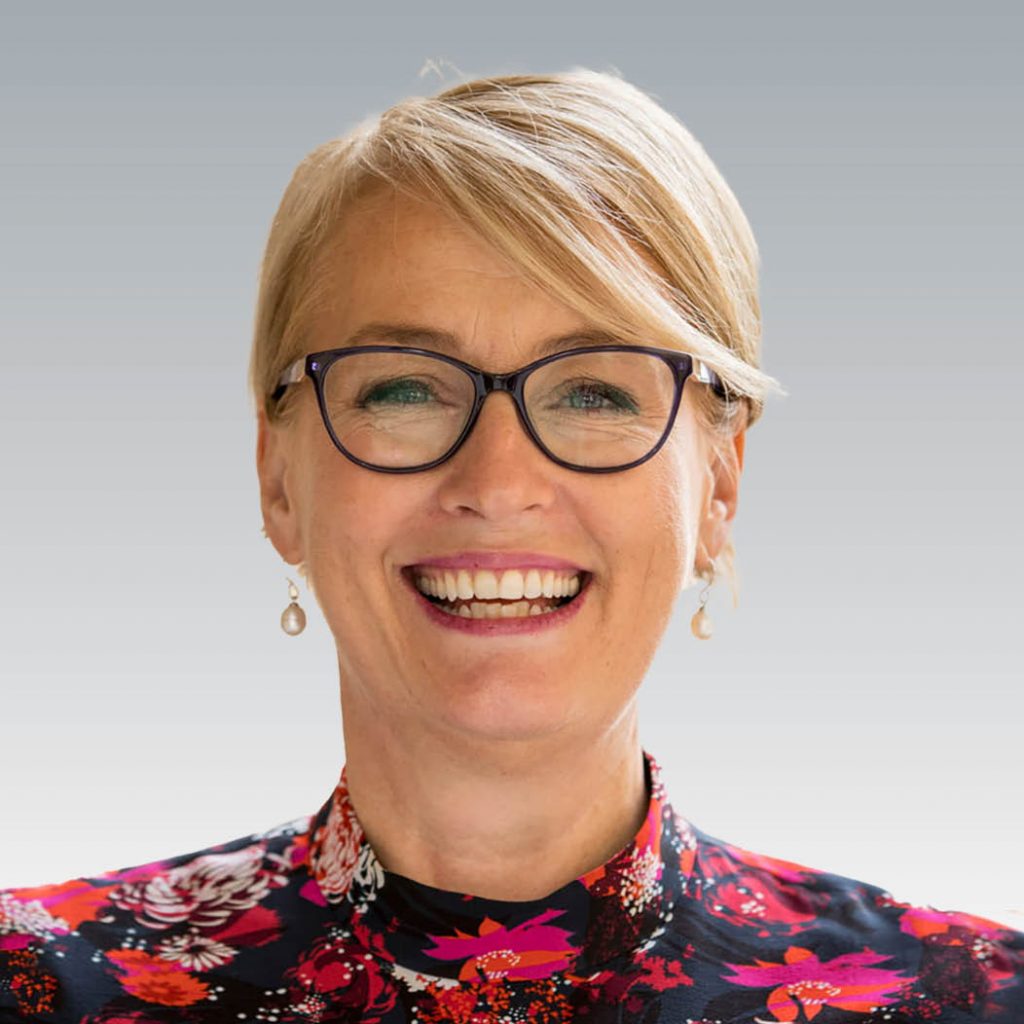
Lord Mayor Sally Capp was named the 2019 McKinnon Emerging Political Leader of the Year for her outstanding leadership of the Melbourne City Council. In particular, she was noted for her stabilising presence in Town Hall, where she has fostered a high degree of consensus among councillors for advancing an impactful policy agenda.
Ms Capp was described by the 2019 Selection Panel as having an outstanding impact on the City of Melbourne, despite only having been in office for two years. In particular, she was noted for her stabilising presence in Town Hall, where she has fostered a high degree of consensus amongst councillors for advancing an impactful policy agenda. Ms Capp was found to have returned political stability and dignity to Melbourne Town Hall and the Lord Mayor’s Office following a period of volatility and controversy. This was considered even more remarkable given Lord Mayor Capp is a first-time politician who was only elected to council in 2017 following a by-election for Lord Mayor.
The Selection Panel lauded Ms Capp for her creative and effective leadership on several policy issues, notably homelessness and affordable housing. Demonstrating compassion for those in need, Ms Capp has significantly escalated the City’s advocacy and collective action on homelessness by identifying new opportunities to increase accommodation beds with support services in the inner city. She has brought together the private sector, philanthropists, neighbouring inner-city mayors, charities, homelessness service providers and the Victorian Government to support the project, which is due to be launched later this year. Ms Capp also supported the introduction of an inclusionary zoning policy in Melbourne to create more affordable housing options in the inner city.
Ms Capp has played a key role in revitalising the national Council of Capital City Lord Mayors and is now working closely with Lord Mayors across the country to develop a national advocacy plan to address homelessness and social housing shortages across capital cities. Ms Capp’s advocacy on this issue was described as not simply being “business as usual”; she was described as having “stepped up” on homelessness and being determined to make real change.
Other examples of leadership in key policy areas include breaking an impasse between the City of Melbourne, the Victorian Government, traders, heritage advocates and community groups around the redevelopment of the Queen Victoria Market. The project had stalled under the council’s prior leadership with approval for development plans rejected due to heritage concerns. Ms Capp established a Citizen Panel to provide advice around next steps, using the Panel’s report to broker a compromise with key stakeholders.
The Selection Panel noted that without a bloc of votes on the council and no previous political experience, Ms Capp skillfully steered several major, city-shaping policies through council including the City Transport Strategy, City River Strategy, City Waste Strategy and declaration of a Climate and Biodiversity Emergency.
The Selection Panellists from outside of Melbourne acknowledged a noticeable difference in perceptions of the city since her appointment, which they thought was demonstrative of her impact. The Selection Panel agreed that in her short time in public office Ms Capp has demonstrated vision, collaboration, and courage—key tenets of the McKinnon Prize. More broadly, Ms Capp was recognised by the Selection Panel as a political leader with enormous future potential, making her a particularly worthy recipient of the McKinnon Emerging Political Leader prize.